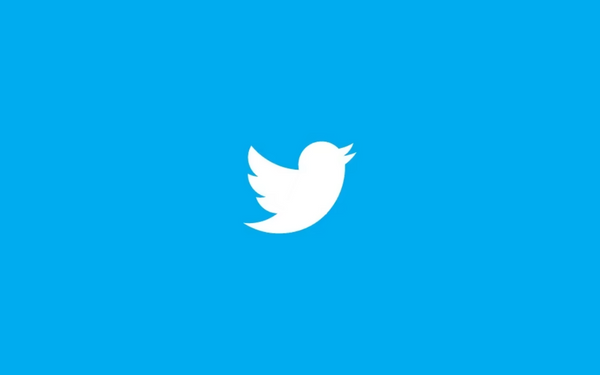In many respects, the internet relies on inaccurate statistics. Counting likes, faves, etc., form an insidious trickle of “engagement” that gets us all installing applications when we know better and measuring article and video views keep the wheels of internet advertising churning. There are, however, certain measures that are stupider than others, and Twitter’s new public view count for tweets is one of them.
Twitter has always kept track of how many times a tweet has been viewed, but until recently, the company kept this information locked away in its analytics menu. This is a tool that social media managers and sadists adore since it is filled with plenty of numbers (but I repeat myself). Counting the number of times a tweet was viewed can be helpful, but only if you’re trying to promote a product or company. The rest of us take away absolutely nothing positive from this.
Twitter is aware of this, or at least was. Paul Stamatiou, who started working there in 2013, has indicated that he and his team developed on a view count feature in 2015 but ultimately decided it was too depressing to release.
“IIRC we tried it and most folks didn’t receive any views and we had to set certain criteria before revealing it since ‘0 views’ was dismal,” Stamatiou tweeted. He points out that the company’s goal was to prove to its customers that they weren’t “tweeting into the void,” but the statistics reveal that in reality, the vast majority of them were. “[it] seemed like a meaningless vanity item to flaunt that wasn’t worth investing in further,” says Stamatiou.
Users are pointing out the discrepancy in views, likes, and retweets. User @eternalcurse tweeted dispassionately, “the view count is actually threatening to wreck mutuals coz if I pose a question and no one answers but that shit got 50 views im murdering everyone and myself.” “This whole ‘view count’ thing is the most useless aspect of Twitter. hey, look at this: that’s the total amount of people who read your tweet but didn’t care about it. As @capybaroness put it, “does it make you feel good, and is that helpful to you?”
But I find Stamatiou’s analysis intriguing since he also emphasises one of Twitter’s most engaging qualities, which I find to be tweeting into the abyss. Though it’s not always pleasant to be reminded that no one is paying attention to your tweets, as Stamatiou points out, I think it’s generally beneficial to have the underlying impression that no one cares.
Twitter is vast, accessible, and in a constant state of flux. These characteristics provide liberation analogous to that enjoyed by city dwellers in their relative obscurity. In its ideal form, this means you can sit back, relax, and share your random thoughts while you watch your life unfold on the timeline. And as has been pointed out before, if you acquire a certain amount of prominence on the site, be it through a single viral tweet or a gauche and prolonged devotion to acquiring followers, it gets absolutely unpleasant. It’s at that point when the masses descend upon you, ready to misunderstand you in every way they can. Dare I say it, but tweeting into the abyss with a few of friends is actually pretty enjoyable.
All of this shows why it’s a poor idea to publish view numbers to the public. Because of them, every tweet becomes a major news story, which is why they’re horrible. The act of tally-ing perspectives can lead to analysis, comparison, and failure. It urges us to become brand managers of our own lives (as if the pressure to do so wasn’t already there); engagement hustlers attempting to strike it lucky with our next #THREAD; and summary writers of financial advice and the impending technology revolution, rather just tweeting into the abyss. In fact, it’s probably not a surprise that public tweet views motivate us to become the kind of individuals who actively embrace Elon Musk’s new Twitter; one where you can pay for priority. To sum up, introducing view counts to Twitter will have the same effect that it does on YouTube.
It makes no difference whether the total is large or low. A low score indicates that you were ignored, whereas a high score indicates that you screwed up in some way that is about to be disclosed to you with great prejudice when the internet comes screaming to your door. In any case, the number of views on Twitter resembles a miniature Geiger counter, beeping menacingly as it measures the web’s most hazardous substance: attention.

Subtly charming pop culture geek. Amateur analyst. Freelance tv buff. Coffee lover
